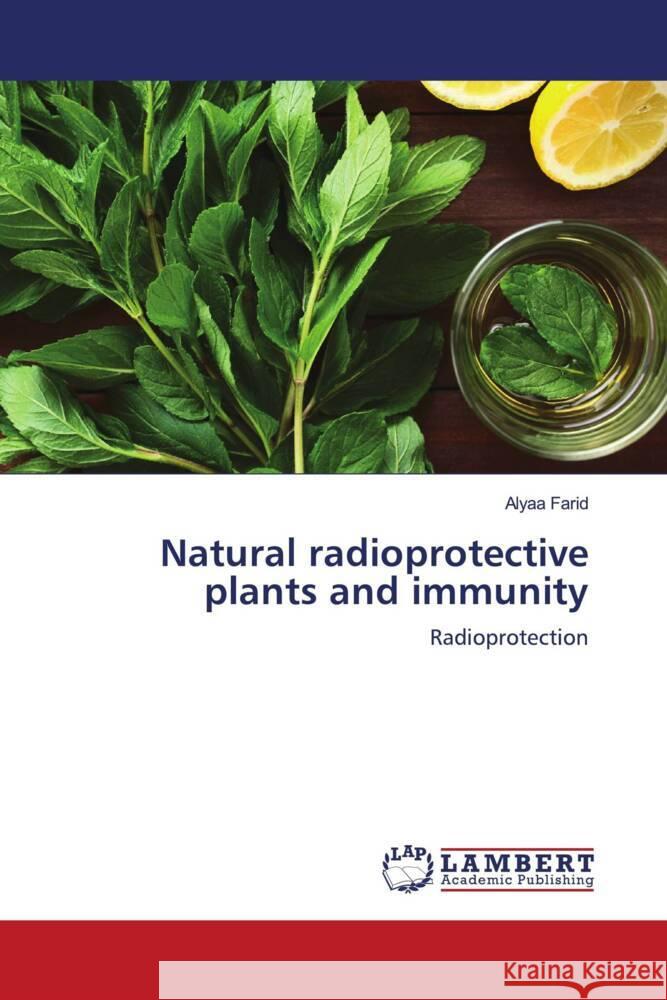Natural radioprotective plants and immunity » książka
Natural radioprotective plants and immunity
ISBN-13: 9786203195552 / Angielski / Miękka / 104 str.
It is well known that ionizing radiation has a direct and indirect effect that harms DNA. In the direct mechanism, due to disrupted chemical bonds, the DNA structure is altered, whereas in the indirect mechanism, DNA interacts with the reactive free radicals such as -OH, -H, and e-aq generated by water radiolysis. Such reactive free radicals can be scavenged by compounds called scavengers thus having the ability to protect against radiation-induced damage. It is therefore of particular interest to identify and develop effective agents that can be used to protect against radiation-induced genetic damage, especially in humans. One of the most important areas of modern radiobiology is finding radioprotective drugs of complex action, which not only adsorb and output radionuclides, but also have an antioxidant activity and activate systemic resistance of organism against chemical effects of ionizing radiation. In recent years, the researchers have found natural compounds as new and efficient radioprotectors. Plant products with antioxidant properties and ability to scavenge free radicals have dominance over synthetic compounds.











